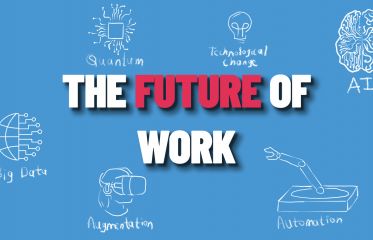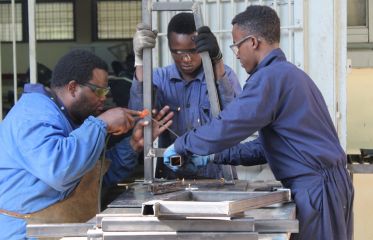Recently, together with my colleagues at Uganda Technology And Management University, I facilitated a career guidance seminar in a secondary school in eastern Uganda, where I interfaced with close to 700 students. I asked every students to write down at least one role model in whom they find inspiration.
More than 50 per cent of my respondents mentioned former South African president Nelson Mandela while 35 per cent had no answer to this question. The other 15 per cent mentioned local musicians, politicians, reality TV stars and several characters that have crowded the news for the wrong reasons.
I actually had a student who mentioned that former accountant in the Prime Minister’s office, Geoffrey Kazinda, as his role model!
A role model is a person looked to by others as an example to be imitated or whose behaviour, example, or success is or can be emulated by others, especially by younger people. But then one wonders why 35 per cent of my respondents would lack a role model.
Don’t these students know any professionals who can be their role models? What about their teachers or parents?
What about the students who took pride in mentioning Mandela as their role model? While the story of Mandela was definitely a catch, is he worth being taken on as role model for secondary school students?
The last group of my respondents had a wide range of answers; from popular Ugandan musicians, politicians, teachers and parents, to criminals. Why would a student consider a renown criminal for a role model? Whatever the answers to my questions, one thing has been for sure; basing on trending topics on selected social media and headline news in our dailies, the figures scooping a lot of glory are those that have influenced our students’ way of life and of course would have a great impact on their choice of counsellor.
The lack of positive role models, has turned much of today’s youth into a bunch of: disrespectful, lazy, spoilt, ambition-lacking students. In Uganda for example, we have glorified local musicians, socialites and politicians. Engineers, scientists, medical doctors, nurses, teachers, accountants and lawyers to mention but a few, hardly get glorified with front page stories or trendy harsh tags on social media. How then would they be considered as potential role models?
Coupled with lack of role models, career guidance too is lacking in our society. Career guidance consists of services that help people successfully manage their career development.
One of the biggest challenges facing our current generation of students is preparing for a dynamic workforce never seen before. New jobs are being created every day. In fact, many students are being prepared for jobs and careers that don’t even exist.
Today, industries rise and fall, so being very externalised (job title, salary, etc.) about a specific career may not serve students well in the 21st century. Having a skill set with multiple pathways will always be more fulfilling, especially when that skill set and those pathways lead to a particular set of values or ways of expressing one’s identity. Students will be able to not only identify attitudes and stereotypes from the careers of their siblings, parents, grandparents, etc., but also how the past was informing who they are in the present.
Once students get a solid sense of who they are in the present (as informed by their past), they then think about different life paths and what they want their future to look like.
While parents are influential, a strong correlate for students doing well in school is a strong relationship with their teachers. Relationships matter in education and so how can parents, teachers and students work together in career planning?
(i) Engage in education. The classroom is a great place for self-exploration and identity development; it not only helps students figure out who they are and who they want to be, it’s easy for everyone involved to work together in supporting a common goal.
(ii) Set high expectations that focus on plans after high school. Every student should aim high. More often than not, this means graduating high school and going to University, but it’s important for everyone to be on the same page. Parents should start the discussion early, continue it often and keep teachers engaged.
(iii) Set goals and track progress. When students have focused goals, they tend to work hard in achieving them. Parents, teachers and students need to work together in setting goals and tracking them from start to finish.
Professor Venansius Baryamureeba. "Lack of Career Guidance Is a Major Setback for Our Students." Daily Monitor. Daily Monitor, 28 July 2014. Web. 11 Nov. 2015.































